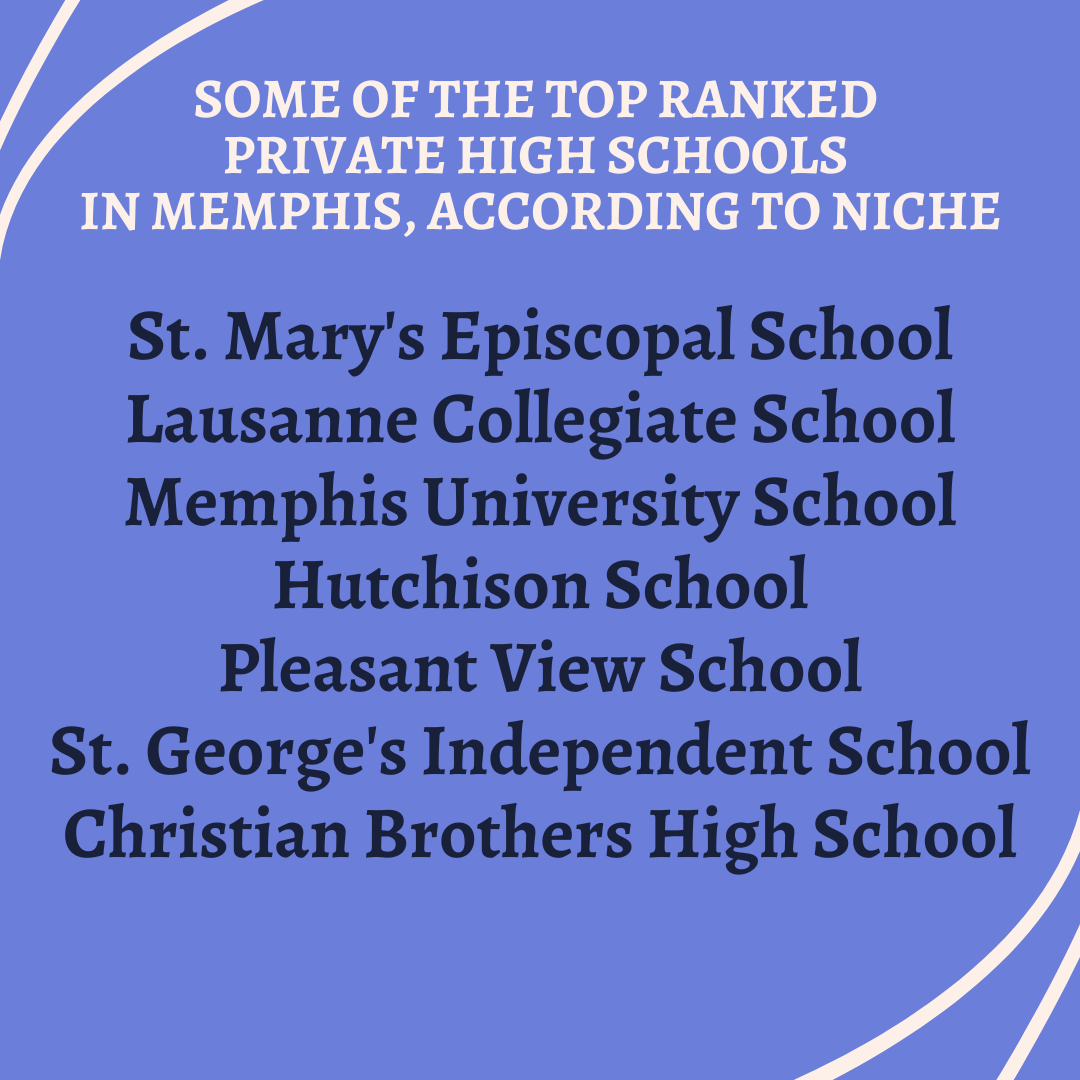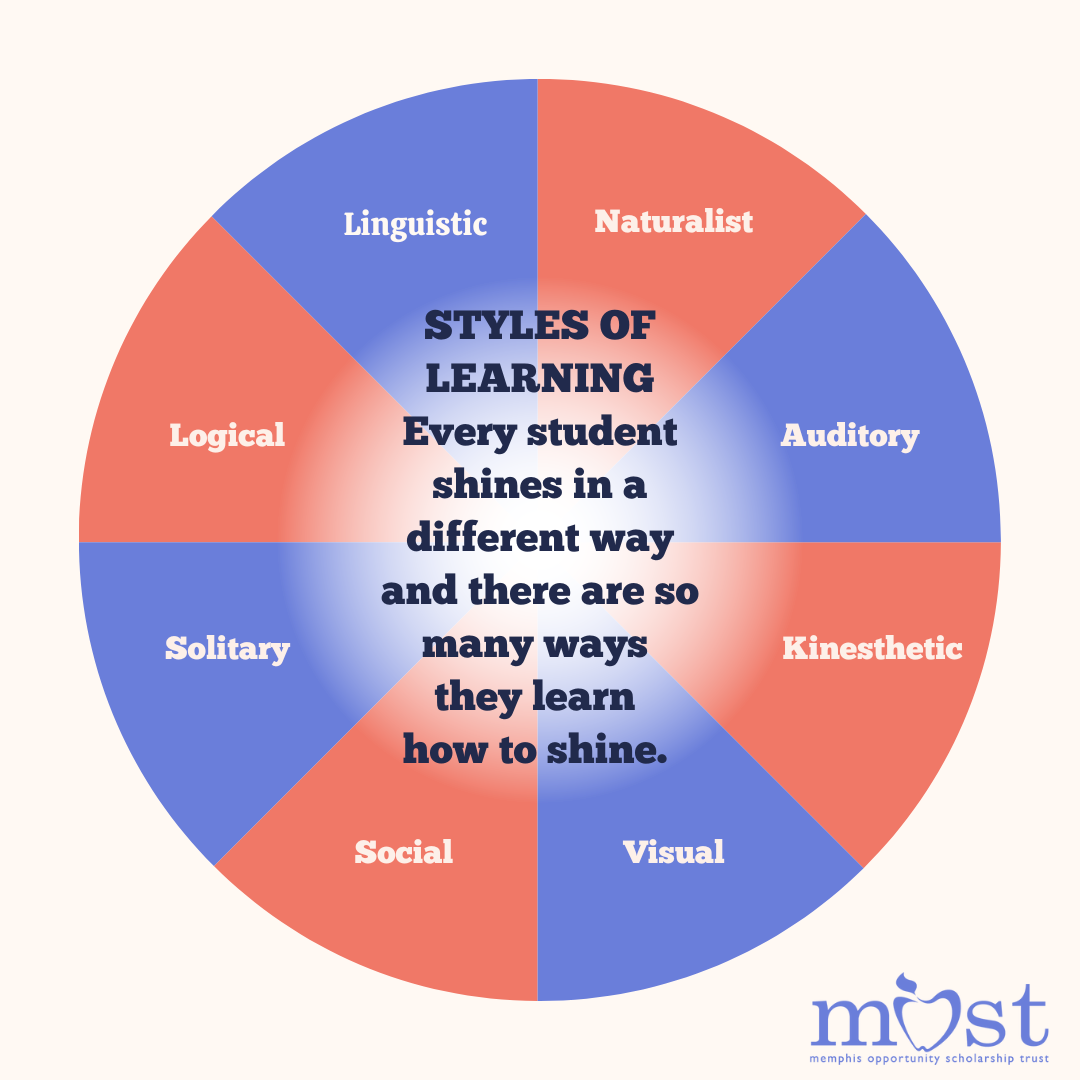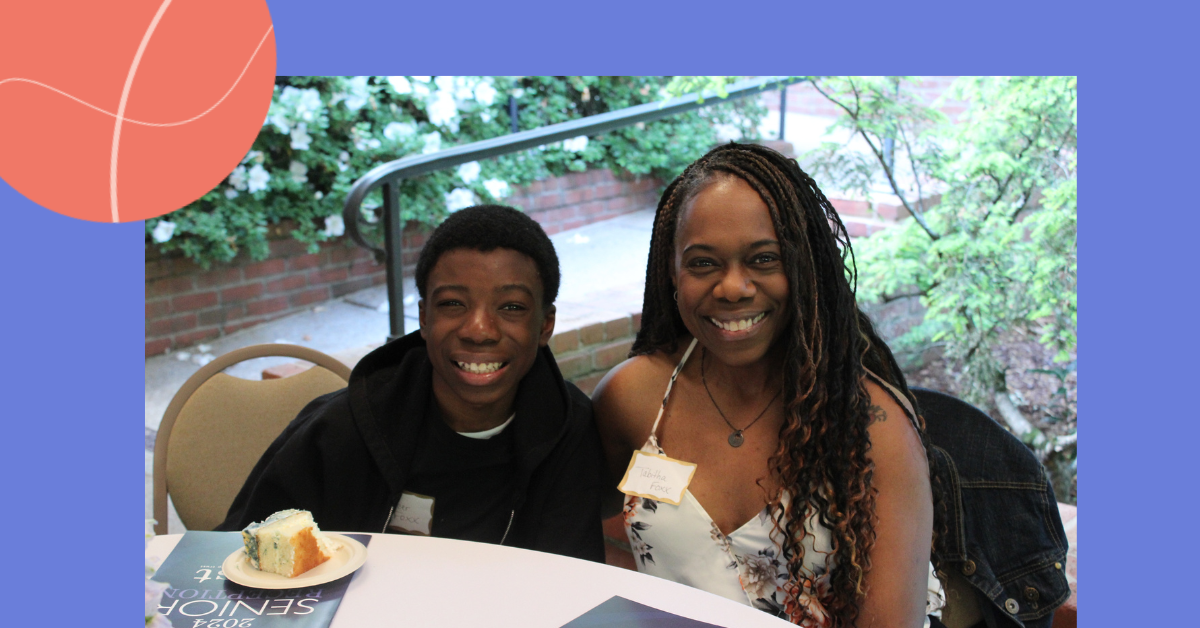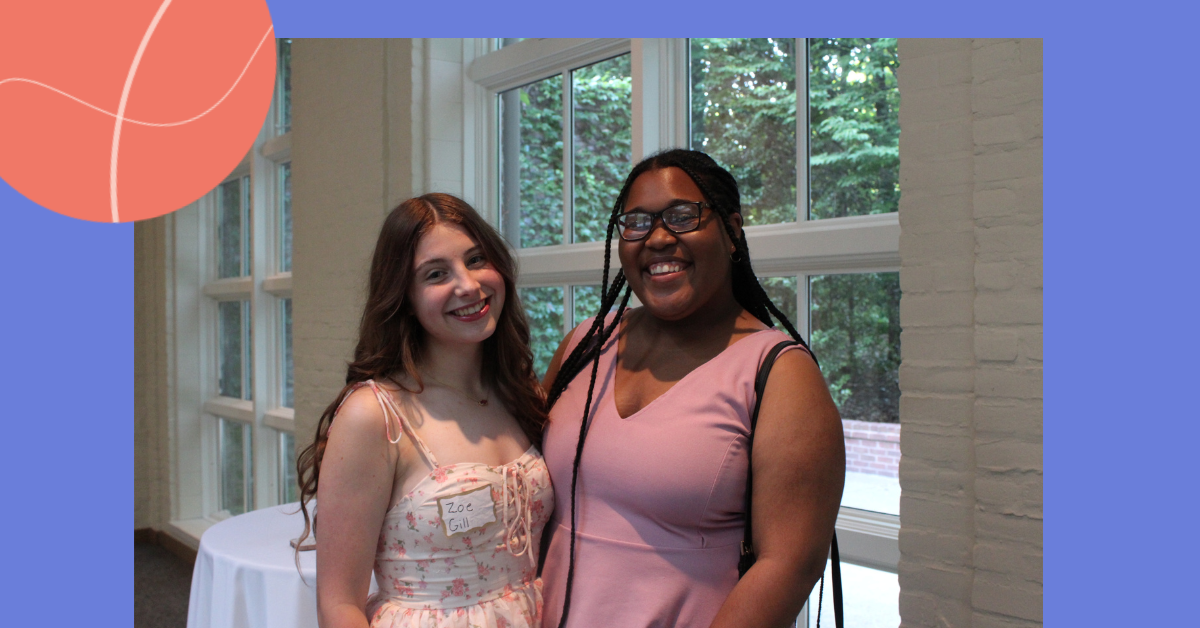Private schools in Memphis have a reason to celebrate! Many of them have been ranked among the top private high schools in Tennessee by Niche. This is a great accomplishment, and it speaks to the high quality of education that these schools provide. The top 20-ranked private high schools in Tennessee for 2023 include several Memphis Opportunity Scholarship Trust Partner Schools:
These schools offer a rigorous academic program, and they also provide students with opportunities to get involved in extracurricular activities and service projects. In addition, many have strong traditions of excellence, and are highly regarded by parents and students alike. The rankings from Niche are just one more way to measure the success of many private schools in Memphis.
At first glance, it may appear that any type of schooling would provide equal opportunities for all students. However, when you really think about it, each student has different learning styles, strengths, and interests.
In a way, learning style differences are similar to the way someone might feel calm listening to a certain type of music, while another person that listens to the exact same music might feel agitated or anxious, and some people might feel a combination. The following learning styles are a simplified version of ways a person might learn, remember content, and be motivated in their day-to-day activities. Some children need a combination of these styles and others require a lot more of one style than another in their learning experience. In a classroom with a teacher-student ratio of 20:1, imagine the challenges in meeting and supporting all of these types of learners equally.
Linguistic/Verbal learners are good with words; heard and spoken. They are often great writers, don't mind thinking in public, and can follow instructions well by reading or listening to them. Learning a new language fluently comes easily to a verbal learner and they prefer word problems over math equations. They can easily remember quotes and are able to summarize a topic they are learning to make it easier to understand.
Auditory learners benefit from lectures and group discussions. They can associate different sounds with their learning environment, enjoy listening and speaking activities, and even listen to music while studying. Auditory learners ask meaningful questions and aren't afraid to answer them. They can remember how words sounded or how someone said them and can study and understand better by reading out loud.
Kinesthetic learners use their bodies to understand and process information. They learn from hands-on activities, imitation games, acting out situations, and sports. They often have high energy levels and need to move around frequently to stay focused.
Visual learners have the ability to understand and manipulate large scale pictures, graphs, and charts. They enjoy learning from videos, doodling, coloring, have a good sense of direction, and can read maps. They have a great memory when they can see a picture of something and can visualize objects.
Social learners work best in a group or team. They engage in discussions and dialogue and enjoy getting feedback from colleagues. They are good listeners and can resolve issues. Study groups and collaborative activities help them feel more productive and at ease. They are vocal and unafraid to ask questions.
Solitary learners are self-motivated and feel more confident when they work by themselves. They are highly independent and prefer having a quiet environment in their personal and academic lives. They have excellent time management skills and enjoy setting up goals, making lists, and having a plan.
Logical/Mathematical learners are good with numbers. They understand the reason and logic behind the information they study and have the ability to analyze problems logically to reach the best possible outcome. Logical learners often come up with their own theories or patterns based on their observations because they are strong problem solvers.
There are so many possible learning environments. Some students thrive in traditional classrooms, while others prefer a more hands-on or creative approach. It is very important to consider all of these factors in determining the right school. There is no one-size-fits-all solution when it comes to education. Instead, it is important to find the learning environment that best suits each individual student. As a result of options, a variety of schools, and their unique learning environments, every child can have the opportunity to reach their full potential.
M.O.S.T. believes every child is unique and deserves the opportunity to receive an education that best meets their academic and social needs.
With the support of choice scholarship programs, every child, despite their financial situation, is given the chance to attend a school that can help them feel the joy of learning and succeeding and can utilize their skillset to become independent and life long learners. In turn, this increases a child's learning potential and chance to be inspired to continue their education for years to come. This not only changes the possibilities for that child's future, it provides hope and positive statistics and outcomes for communities and neighborhoods in need of a path to more education.



